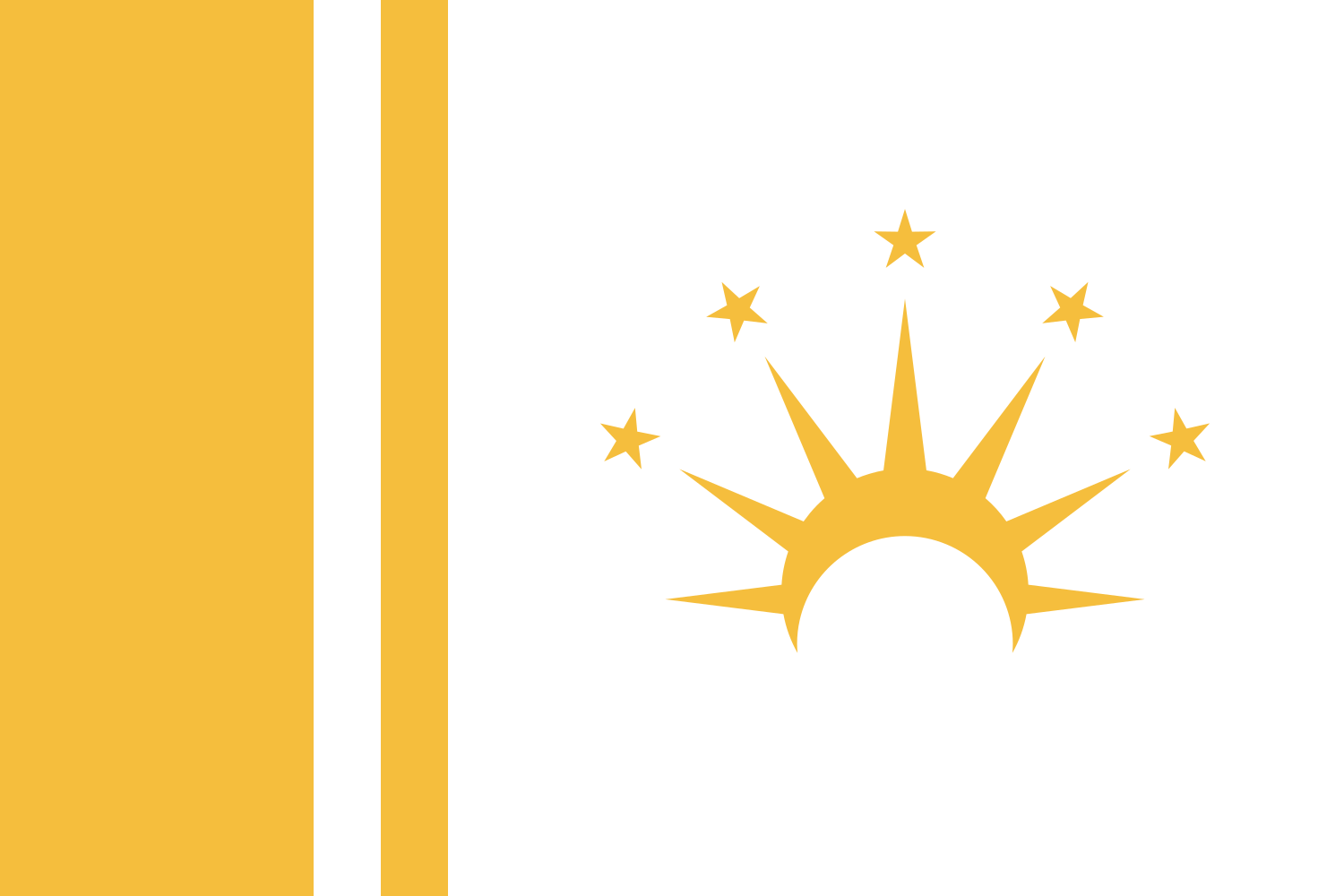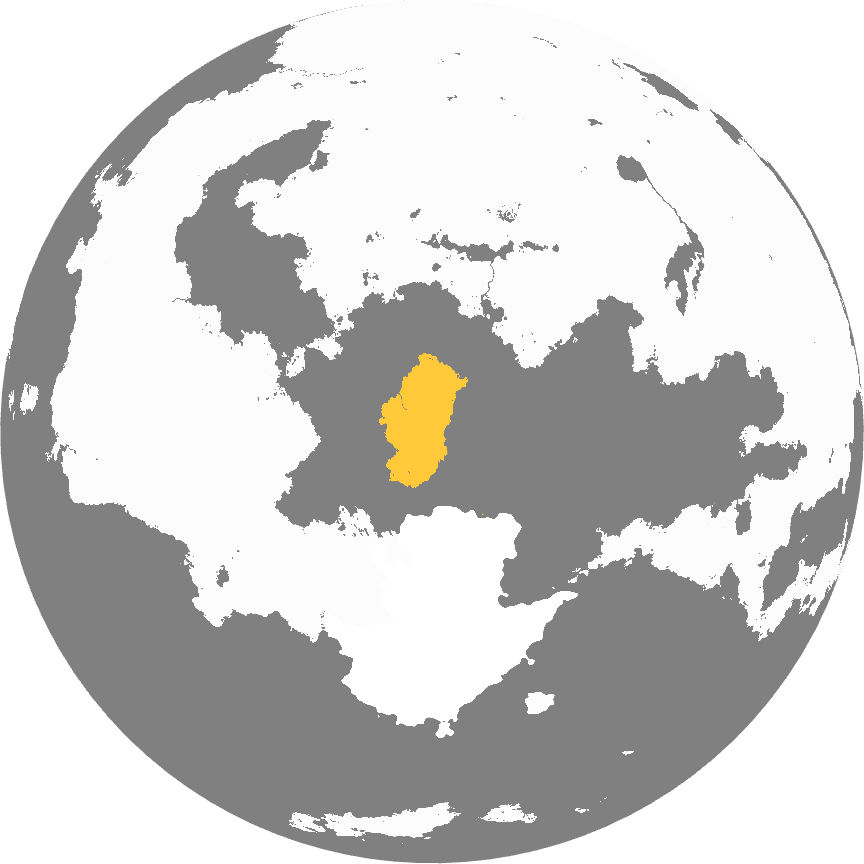Ikonia
|
Ikonia
|
|||||
|---|---|---|---|---|---|
 |
|||||
| Common Name | Ikonia | ||||
 |
|||||
| Demonym | Ikonic | ||||
| Official languages | Highkonic | ||||
| Currency | Beans | ||||
| Politics | |||||
| Capital | Nexus | ||||
| Government | Federal Republic | ||||
| Foundation | 23rd Century | ||||
| Preceded by | Spearka | ||||
| Demography | |||||
| Ethnicities | Ikonic 67.8% Spearkan 21.4% Baskian 9.3% Other 1.5% |
||||
| Population | >1 | ||||
Ikonia, officially the Ikonic Federation, is a country in Baskay-Caledon. Ikonia is distinguished by it's highly unusual and unique method of governance. Large areas of the island of Ikonia are dedicated to the sustainment of enormous arcological domes, known as cantons. These cantons contain populations of kerbals who are forced unwittingly to live as historical societies, which is then observed by the cognizant population to inform their political decision-making. Though the ethics of such a system are highly dubious, opposition to the Omnichronicratic program is small, as Ikonic census checks report exceptionally high scores in the Kerbal Happiness Index (KHI).
Etymology
###
History
###
Geography
Climate
The vast majority of Ikonia's territory is situated in Bascay-Caledon.
Mainland Ikonia has a temperate to frigid climate, being situated between -52° and -69°S of latitude. Annual mean temperatures vary from 10 °C (50 °F) in the south to 16 °C (61 °F) in the north. The verdant island is largely covered in grasses and common varieties of pine, with only a small number of endemic plant species. The Eastern coast of Ikonia is battered by powerful prevailing winds throughout the year, which are utilized in wind power generation systems along across the country. Conditions vary sharply further inland. The inner regions along the north and north-east are dry and temperate, with annual mean temperatures of 14 °C (57 °F). The central mountain range has a peak elevation of over 6,500m. The foothills and plains to the south are dry and cool, sustaining large forests of pine.
Politics
Government
Each canton is managed and sustained by a segment of the real-world population known as the citizenship, who are split into five groups. These groups learn and seek guidance from the ways of their canton inhabitants. They subscribe to the same philosophies and aspire to think the same way. Each group votes on a representative named the ‘Bearer’, whose role is to speak on behalf of their canton. Each representative is selected from a pool of people who live a monastic and meditative life, attempting to quash all traces of their own individual personality in favor of promoting the influence of their canton. Bearers are elected through a monastic party system. Each monastery has their own interpretation of their canton’s values, and decides internally upon a candidate. The populace of each canton then votes on which monastic party should represent them. Canton elections are held every 3 years. Monastic elections are held whenever the monastery wishes.
National legislation is passed by the Great Council, which is made up of the Apex and the five Bearers of each canton. The Apex is the head of state, but does not have absolute control. They are given two votes. Bearers get one vote. The Apex is elected by the Bearers - the acting Apex does not get to vote in the general election. General Elections are held either every 5 years, or if the other Bearers reach a unanimous agreement that the current Apex must retire.